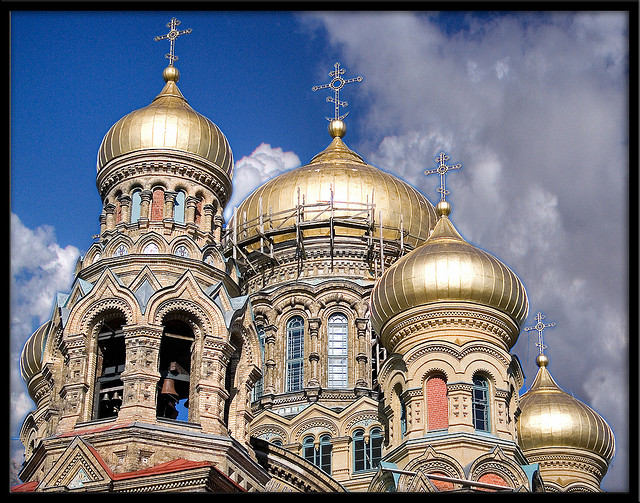The drug and alcohol addiction problems in the United States cost our citizens billions of dollars each year in medical expenses, lost wages, crime, and more. They also take an unmeasured toll on family relationships, professional aspirations, and personal goals. As serious as the addiction problem is in the U.S., Russians have it worse — in fact, more than half of Russians between the ages of 15 and 54 are dying from alcoholism, according to the Boston Globe. Why are Russians resisting the Alcoholics Anonymous-based recovery movement? Treatment for Alcoholism in Russia Unlike in the United States, where treatment for alcoholism often begins with detox and residential rehabilitation and continues with lifelong recovery support, those who suffer from alcoholism in Russia go through quick detox, submit to hypnosis, and take an anti-drinking pill. Despite desperate efforts from 12-step organizers to gain a foothold in the proud country, only about 400 AA support groups exist nationwide, according to the Globe. Does that sound like a lot? It isn’t — not when you consider that there are over 1,500 AA groups in the Boston region alone. The Russian Definition of Alcoholism The best estimates suggest that the average Russian drinks 70 times more alcohol — specifically, vodka, which translates to “water” in English — than the average American. This may partially explain why Russians are less likely to acknowledge alcoholism and seek treatment. This is why Russians typically accept what Americans would consider the late stage of alcoholism as the first sign of a serious problem. What happens before — chronic binge drinking, drinking in the morning, problems with home and work — is common and acceptable, if regrettable, behavior. In addition, AA, as an American institution, arouses distrust in the typically anti-U.S. population. Russians don’t even trust the idea that untrained fellow substance abusers — especially substance abusers who are strangers —would be capable of helping each other get and stay sober. “The idea that another drunk can help you is asinine to most Russians,” a social psychologist told the Globe. Government Encouragement, Social Stigma In the 1800s, the Russian government relied on peasants drinking vodka to keep them in line; in fact, the government expected its citizens to drink so much that they often forced teetotalers to drink vodka anyway using a funnel. Drinking is so ingrained in the Russian culture that acknowledging alcoholism as a problem because of a psychological weakness is unthinkable. Even the Russian Orthodox Church held AA in low esteem because of the organization’s reliance on a higher power; of late, the Church has launched its own 12-step based program to meet the needs of its struggling population. Holistic rehab centers, and alcohol rehabs, unfortunately, are unusual.

